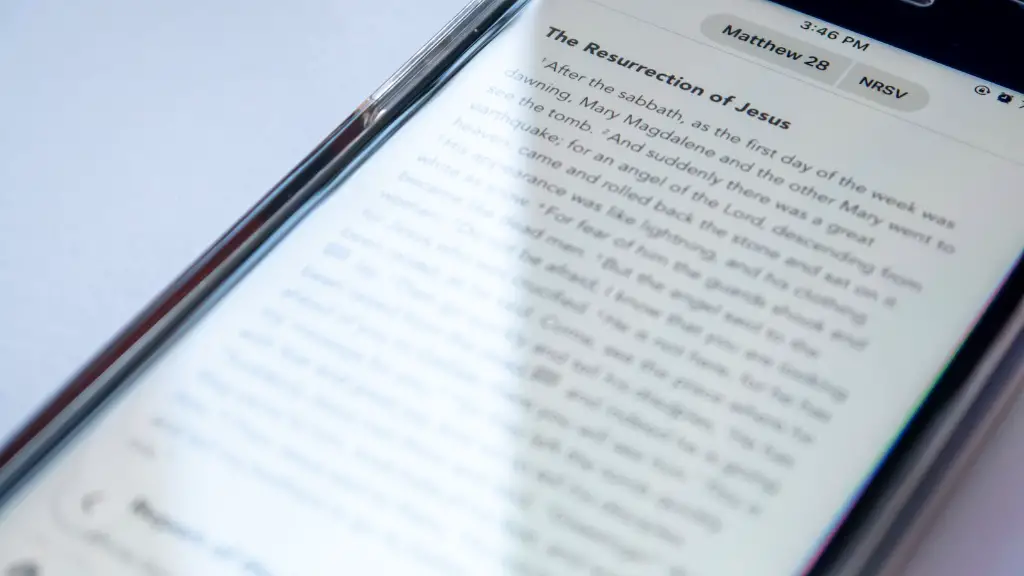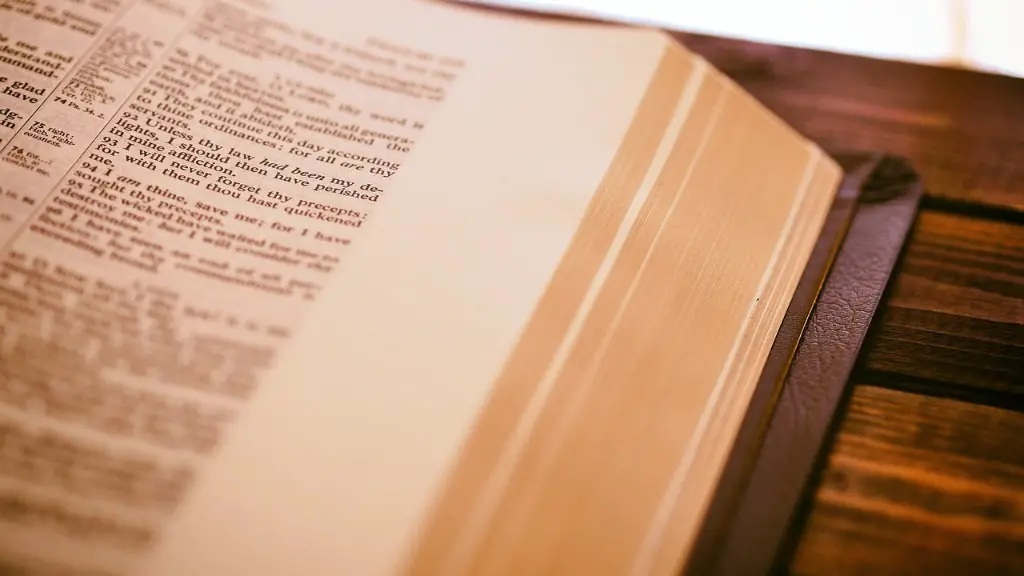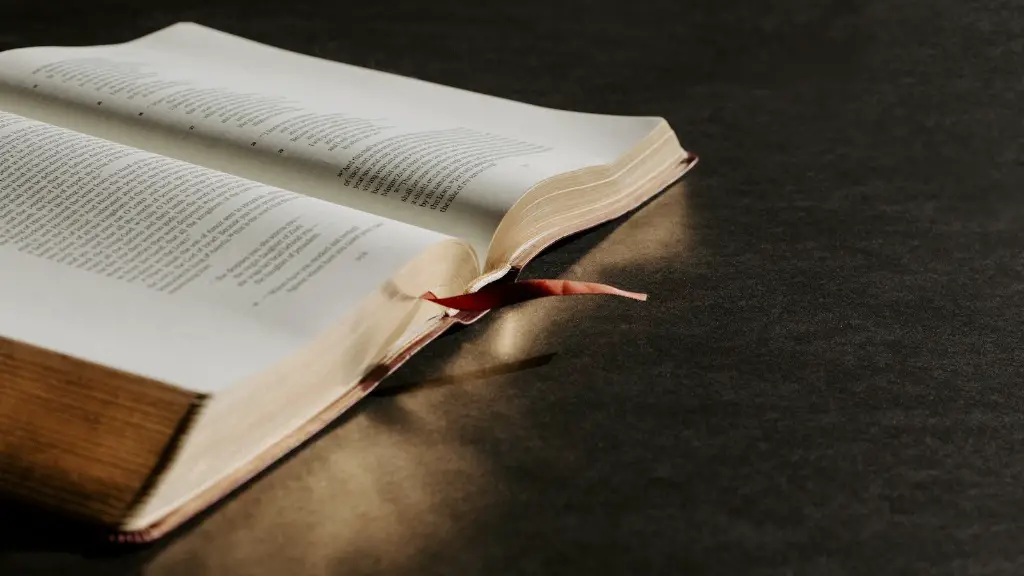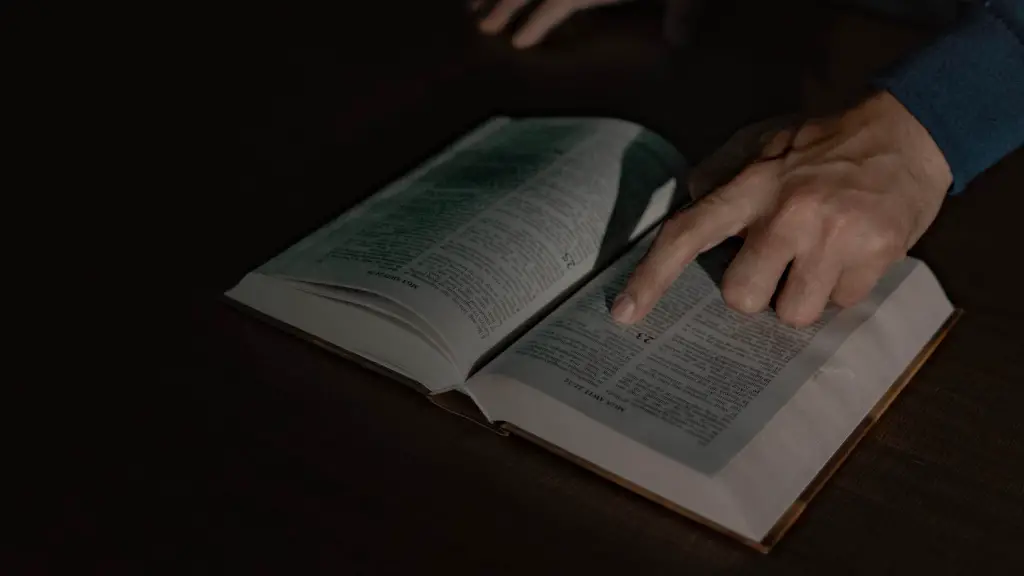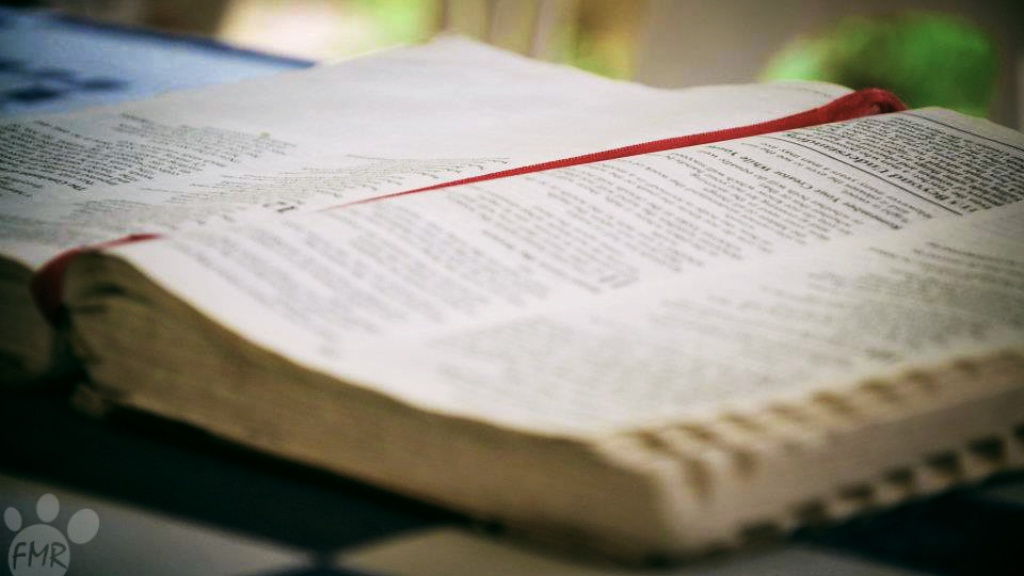When we think of Halloween, images of witches, skeletons, and pumpkins might come to mind. But few of us know what the Bible has to say about this holiday. Christianity had already grown in the British Isles before the celebration of Halloween came about, and in some circles, a debate has raged over whether or not the holiday should be celebrated by Christians. Although opinions differ, looking to the Bible might shed some light on the subject.
First of all, many will point to Deuteronomy 18:10-12: “Let no one be found among you who sacrifices their son or daughter in the fire, who practices divination or sorcery, interprets omens, engages in witchcraft, or casts spells, or who is a medium or spiritist or who consults the dead. Anyone who does these things is detestable to the LORD; because of these same detestable practices the LORD your God will drive out those nations before you.”
This passage seems to be in direct opposition with the practice of celebrating Halloween, as much of the holiday is surrounded by supernatural lore, including sorcery, witchcraft, and speaking to the dead. Therefore, it is reasonable to assume that the Bible does not approve of the holiday. There is no doubt that for many Christians, this is an act of rebellion against God’s will.
However, there are others who believe that it is not only possible to be a Christian and celebrate Halloween; they say it is a way to further God’s kingdom. The argument goes that the holiday has a strong Christian symbolism, and that it can actually promote a message of grace and redemption. In this view, Halloween is seen as an opportunity to spread the gospel message, and to tell the powerful story of Jesus’ death and resurrection. It is also an occasion to engage with unbelievers, as Halloween is a cultural event that many non-Christians take part in.
What is clear is that the Bible does not specifically mention the celebration of Halloween. At the same time, some passages do speak of the spiritual darkness that is associated with the holiday. For example, Ephesians 6:12 states: “For our struggle is not against flesh and blood, but against the rulers, against the authorities, against the powers of this dark world and against the spiritual forces of evil in the heavenly realms.” This indicates the presence of spiritual forces of evil, which is consistent with the beliefs of many individuals who observe the holiday.
So, it appears that the Bible does not explicitly forbid the celebration of Halloween, but it does give us some insight into the spiritual darkness that can be associated with it. Ultimately, it is up to individual Christians to decide whether or not to celebrate the holiday. For some, the holiday might provide an opportunity to spread the gospel and reach out to non-believers. For others, it may be just too closely associated with darkness, and those individuals must decide for themselves if it is something that honors God.
The Meaning of Halloween
Halloween is a holiday with a long history, and it means different things to different people. For some, it is a time of fun and candy. For others, it is a time of spooky superstition and fear. But there is more to Halloween than just a fun night of trick-or-treating, or a scary costume party. Halloween has a deep meaning and spiritual significance that reaches back to ancient times.
Originally, Halloween marked the end of the harvest and the beginning of the winter. It was a time of great spiritual significance, as it marked the ‘thinning of the veil’ between this world and the Otherworld. This meant that spirits from the Otherworld would be able to enter our world, and many believed that this was a dangerous time. People would perform rituals to ward off evil spirits and bad luck.
Halloween also had a more lighthearted aspect. People would dress up in costumes and have parties, and the celebration would include telling stories and playing games. The custom of ‘trick-or-treating’ dates back to this time, as people would go from door to door soliciting offerings of food or treats.
So while some may see Halloween as a harmless holiday, there is still a spiritual element to it that many people should be aware of. It is important to remember that the veil between our world and the Otherworld is thinned on this night, and it is wise to be aware of that spiritual significance when making decisions about how to celebrate.
The Impact of Halloween
Halloween is a holiday that has become increasingly popular in recent years. Although the commercialization of the holiday might cause some to question its spiritual significance, Halloween has left an undeniable impact on popular culture. Everywhere you look, you can see signs of the holiday creeping into everyday life, from haunted houses and pumpkin-spice flavored foods to costumes, decorations, and even music.
The impact of Halloween can also be seen in the entertainment industry. There are countless books, movies, and television shows which use the holiday as a backdrop for their stories. From horror movies to classic tales of ghosts and goblins, Halloween is a time for stories of the supernatural and of things that go bump in the night. This can be a great opportunity to explore our own spirituality and to gain insight into the spiritual realm.
Halloween may also have a profound effect on how we view death and mortality. Although death is not something that should be taken lightly, Halloween can be seen as a celebration of life and an acknowledgement of the importance of spiritual awareness. In that way, the holiday can be a reminder of the importance of living life to the fullest and of treasuring the time we have with those we love.
Ultimately, it is up to each of us to decide how we view the holiday. But whether we choose to celebrate or to observe it with trepidation, there is no doubt that Halloween has made an indelible mark on our culture and our lives.
Halloween and Popular Culture
The celebration of Halloween has come a long way from its ancient beginnings. In fact, it has become so popular that it has become inextricably linked with popular culture. From the Hollywood blockbusters of the summer to the crooning of Christmas music in November, Halloween imagery can be seen everywhere.
Halloween is also closely associated with music. Halloween-themed records have been around since the 1930s, and today we see a huge range of genres, from classic horror movie soundtracks to pop-punk and alternative rock. Whether its monster mashes or gothic ballads, Halloween music has become an integral part of the spooky season.
Halloween-themed television shows have also become incredibly popular in recent years. From spooky specials to entire TV series dedicated to the holiday, there are now countless ways to celebrate the season. In addition, there are countless stores devoted to the holiday, from costume shops to decoration stores and even websites offering ghoulish merchandise.
Whether it’s a night of trick-or-treating or a costume party, there is no denying that Halloween has become a major part of popular culture. From music to movies, it is a holiday that has been embraced by millions of people all over the world.
The Future of Halloween
As Halloween continues to grow in popularity, it is interesting to consider how the holiday might evolve in the future. For example, it is already a major event in many countries, and there are suggestions that Halloween themed travel packages may become more common in the future.
It is also likely that the holiday will be further embraced by popular culture. Official Halloween movies in cinemas during October, for example, could become a reality, and it is likely that producers of supernatural TV shows will continue to use the holiday as a backdrop for their stories.
But regardless of what the future holds for Halloween, it is clear that this holiday has left an enduring mark on our culture. Whether it is a gentle reminder that death is a part of life, or a chance to have some spooky fun, Halloween is a holiday that many people look forward to each year.
The Debate Over Halloween
Although Halloween has become an important part of popular culture, there is still an ongoing debate over whether or not it is appropriate to celebrate it as a Christian. On one side, many argue that it violates the command in Deuteronomy 18:10-12 to not be involved in activities associated with the supernatural, including sorcery and witchcraft. On the other side, there are those who believe that it is a way to preach the gospel and to reach out to unbelievers.
Although it is ultimately up to individual Christians to decide for themselves whether or not to celebrate Halloween, it is important to keep in mind that Jesus himself spoke of a spirit realm. For example, in the gospel of John, Jesus says ‘I tell you the truth, anyone who believes in me will do the same works I have done, and even greater works, because I am going to be with the Father’ (John 14:12). This indicates that there is a spiritual element to our world, and it is something that should be taken into consideration when deciding if it is appropriate to celebrate the holiday.
At the end of the day, no matter what one’s views on the holiday may be, it is important to remember to keep it in perspective. Halloween should not be feared, but rather viewed as an opportunity to explore the spiritual realm and to reflect on the impact it has on our lives.
